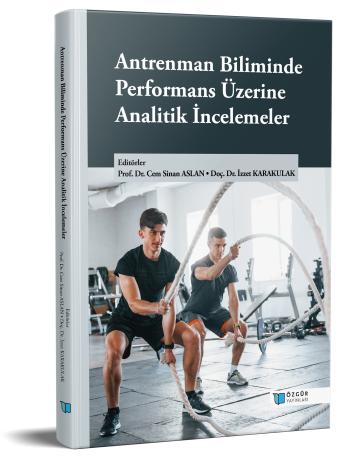
Effects of Rule Changes in Wrestling on Performance and Some Factors
Chapter from the book:
Aslan,
C.
S.
&
Karakulak,
İ.
(eds.)
2024.
Analytical Studies on Performance in Training Science.
Synopsis
Significant regulation modifications have been made to wrestling as an Olympic sport in order to improve performance, safety, and spectator involvement. This study looks at how these changes affect physiological demands, technical-tactical methods, injury rates, and performance indicators. The focus has changed to anaerobic energy systems, necessitating training adaptations, while the match time was reduced from three × three-minute rounds to a single five-minute round. Leg takedowns are now the most common technique in freestyle wrestling due to modifications in scoring systems that have encouraged aggressive tactics, such as giving leg attacks more points. Weight category changes have made it possible to conduct more thorough performance reviews, but they have also led to a greater dependence on quick weight-loss techniques, which raises health issues. Even if extreme weight-cutting is prohibited by law in some countries, athletes continue to believe in its psychological benefits. The sport has also become more accessible and appealing to viewers as a result of regulation changes intended to improve the spectator experience, such as simplified scoring and penalties. This study emphasizes how rule modifications have a profound impact on wrestling's technical, tactical, and physiological aspects in addition to its impact on athlete safety and spectatorship. To make sure that these adjustments strike a balance between athlete welfare, competitive fairness, and entertainment, however, ongoing assessment is necessary.

